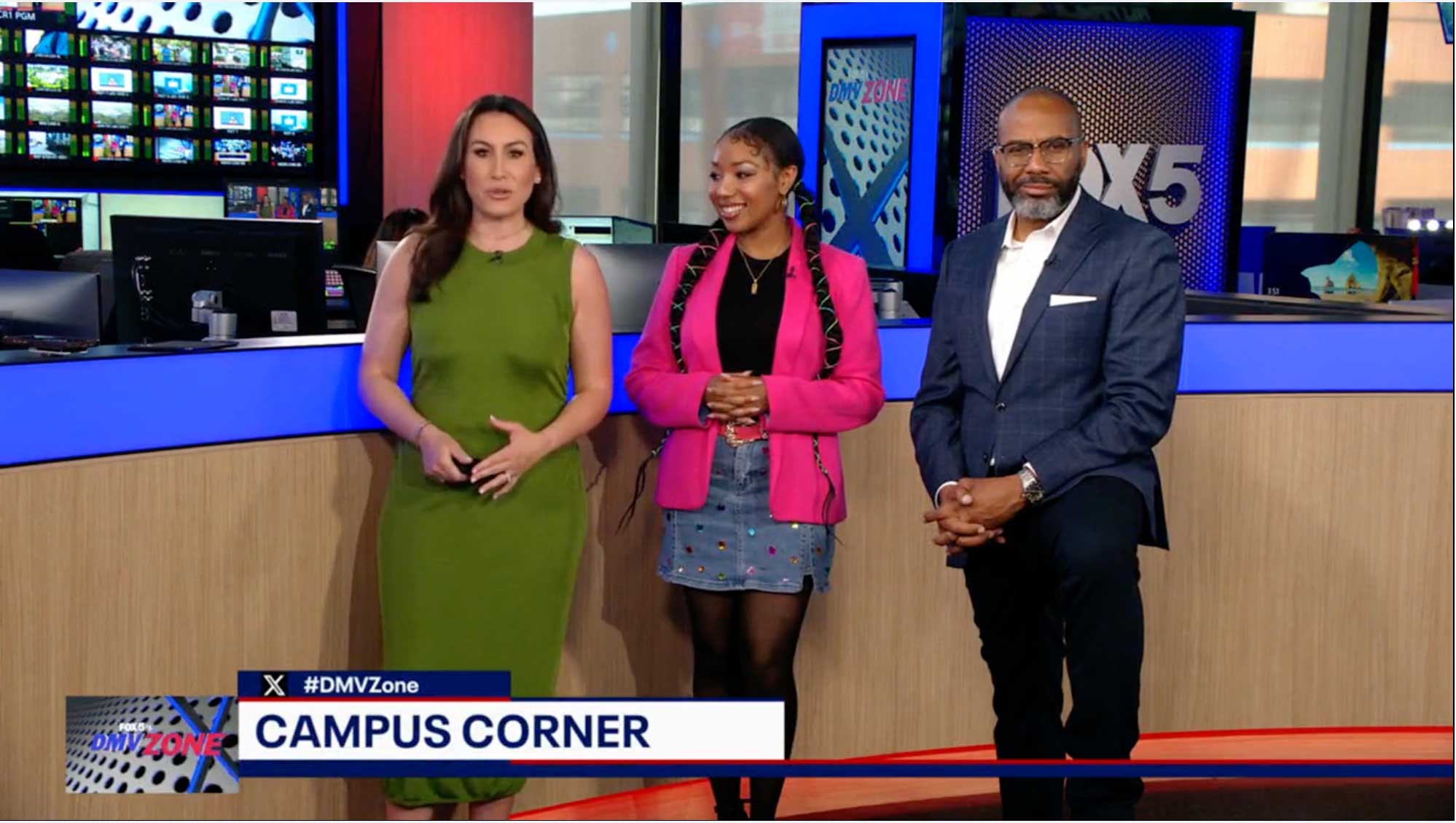D.C will build new archives & records center on UDC campus
Winds of change are coming to the University of the District of Columbia (UDC) Van Ness Campus. It comes in the form of the future home of the District of Columbia Archives and Records Center’s plan to build its future home on the site of Building 41, the former home of the University College of Arts and Sciences(CAS), and the Learning Resource Division (LRD), both which ended its stay in the building back in 2018.
The District government’s ambitious plan for the DC Archives is to consolidate all of the city’s archival records and historical artifacts, currently scattered across nearly 20 storage locations in the Washington area, into a single, easily accessible location on the UDC Van Ness Campus. This move to preserve the District’s historical repository in a state-of-the-art facility will not only enhance the city’s rare collection but also provide unique opportunities for UDC scholars, faculty, students, and researchers to delve into the city’s rich history for academic studies, scholarly research, lectures, exhibits, and public engagements.
Concerning the future arrival of the new DC Archives on Van Ness Campus, Christoper Anglim, UDC Learning Resources Division reference library, archivist, and professor of nearly two decades, welcomes the new development and the groundbreaking opportunities that will follow. “It is an incredible opportunity for all to access the District archives in a state-of-the-art facility and to tie that into University DC history study classes without leaving the campus,” said Anglim.
Once actualized, the new DC Archives facility will house the University Archives and the Felix E. Grant Jazz Archives (Jazz Archives). Felix Grant was a radio presenter who specialized in playing jazz music in the Washington DC area for three decades.
“The Felix E. Grant Jazz Archives are maintained by the University of the District of Columbia’s Jazz Studies Program within the university library. The majority of the archives’ holdings consist of about 45,000 LP albums, 10,000 CDs, reel-to-reel tapes, audio cassettes, 45s, and 78s which were donated to the university by Grant. Books, periodicals, photographs, and other paper materials complement the sound recordings,” according to the University website. This Jazz Archives is a true gem in the jazz world, and it supports the UDC Jazz Studies program that produces the Calvin Jones Big Band Jazz Festival, which celebrates its 30th anniversary this year.
Inside the new DC Archives facility, both the University Archives and the Jazz Archives will have its own collection storage space, offices, work station, and processing space for process space to carry out conservation, processing, digitization operations to preserve the university and jazz collection, and to make it accessible online to the public for academic, research, genealogy research, community to engage with lectures and exhibits.
Against this backdrop, the University Archives and the Jazz Archives will be able to offer new work study and internship opportunities to students to work in the digital laboratory. “It will open up a new world of hands-on opportunities for projects that focuses on organizing collection, digitizing records, photos, audio visuals preservation, while doing conservation and process work,” Anglim said about the benefit of the collocation of the two DC government agencies housing the District’s historical repository in one place in the nation’s capital. DC Archives will offer similar opportunities to students interested in working in its archives that hold the District’s centuries old record collection of birth certificates, death certificates, marriage records, deeds, and a whole lot more.
UDC Predecessor Institutions From 1851 to 1876
Once completed, the new DC Archives, University Archives, and the Jazz Archives will offer new in person and online access to its respective collections which are inextricably intertwined with the District history. This will provide unique and challenging opportunities for UDC scholars, faculty, students, researchers, and the general public to be able to access century old historical records and documents to learn more about the history of Washington DC, and its contribution to the world. The UDC University Archive includes the rare collections from its predecessor institutions listed below:
- Normal School for Colored Girls (1851–1879)
- Miner Normal School (1879–1929)
- Miner Teachers College (1929–1955)
- Washington Normal School (1873–1913)
- Wilson Normal School (1913–1929)
- Wilson Teachers College (1929–1955)
- District of Columbia Teachers College (1955–1977)
- Federal City College (1966–1977)
- Washington Technical Institute (1966–1977)
- Antioch School of Law(1972–1986)
- District of Columbia School of Law (1987–1996)







